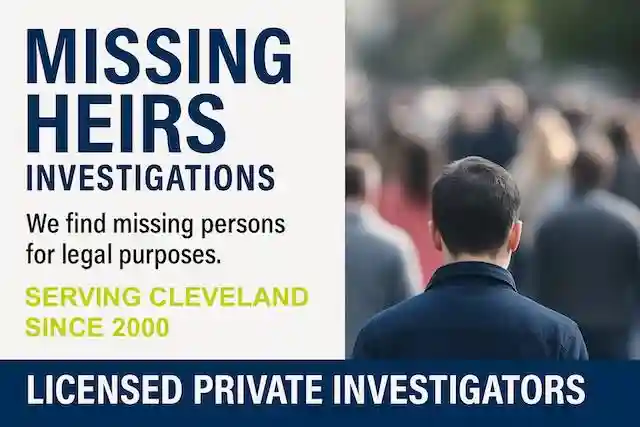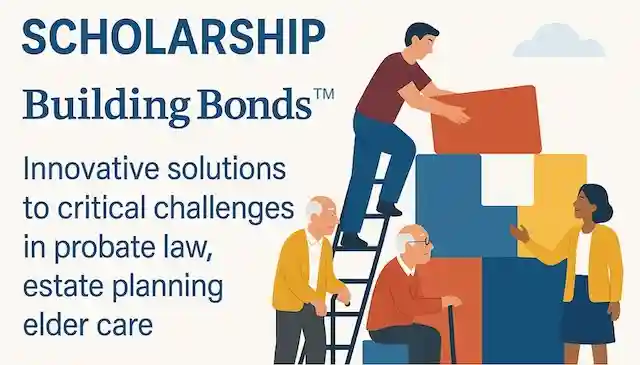When people think of public records, they usually picture court dockets, property deeds, or maybe criminal case files. And sure, those are useful. But there’s a whole world of lesser-known records out there that can tell you a lot about your community, your neighbors, or even your own family history.
Here are five types of public records in Ohio that you might not know exist, but once you do, you’ll start to notice how often they come in handy.
1. Cemetery and Burial Records
If you’ve ever wondered who owns those little cemeteries tucked into old neighborhoods or what’s buried on rural land you inherited, you’re not alone. Most people don’t realize that townships in Ohio are responsible for keeping records on cemeteries. That includes ownership records, burial logs, and plot maps. These aren’t just useful for historical research or genealogy. They’re often important in land use planning, estate cases, and even resolving family conflicts.
Some records go back over 150 years. A woman in Medina County once found her great-great-grandmother’s burial plot using a hand-drawn map at the township office. No one had visited in decades, but the record was still there.
You can explore a statewide listing of cemetery records through the Ohio Genealogical Society Cemetery Database, which compiles local records from hundreds of towns and historical groups or search for veterans at the VA National Gravesite Locator (NGL).
2. Dog License and Kennel Records
You probably don’t think of dog licenses as useful public records. But they can be. Most Ohio counties let you search by tag number, owner name, or address. So if a dog keeps running loose in your neighborhood, or there’s a bite incident, these records can help identify the owner quickly.
They’re also useful in court cases, landlord disputes, and proving residency. In rural areas, dog licenses are often the only proof of occupancy on a property. You can search Summit County’s dog license data, and most surrounding counties offer something similar.
3. Zoning Maps and Variance Records
Have you ever looked at a new building going up in your neighborhood and thought, “How did they get permission to do that?” The answer often lives in public zoning records. Every city, village, and township in Ohio has a zoning map, a codebook, and a public record of zoning variances that have been requested or granted.
These records show what a property is zoned for and whether someone has asked for an exception. If a neighbor wants to build a large garage, run a business from home, or turn a single-family into a triplex, it usually goes through a variance process. You have a right to see those requests.
Cleveland’s zoning code and planning portal lets you dig into current maps, permitted uses, and contact info for the planning department if you want to request a variance file or minutes from a past zoning board meeting.
4. Contractor Licensing and Complaints
If you’re hiring someone to do work on your house, don’t just trust their business card. Many trades in Ohio require a license, including electricians, HVAC techs, and plumbers. The state keeps public records of these licenses and also posts complaints and violations.
You can check whether a contractor is licensed, see how long they’ve been active, and find out if there have been disciplinary actions against them. A friend in Lorain was about to hire a roofer until he searched the state board and found two unresolved complaints for shoddy work. That check saved him thousands.
The Ohio Construction Industry Licensing Board offers a public lookup tool that includes license status and enforcement history.
5. Campaign Finance Reports
It’s one thing to vote for a candidate. It’s another to know who’s paying for their signs, mailers, and ads. Campaign finance reports in Ohio are public, and they’re easy to search. You can see who donated to a mayoral race, a school levy, or a statewide ballot issue.
This is more than political curiosity. A journalist in Akron used these reports to show how developers were funding city council candidates who later voted on rezoning projects that benefited them. These records matter in ways that impact your neighborhood.
To do your own research, visit the Ohio Secretary of State’s campaign finance database and search by candidate, contributor, or committee.
Final Thought
These aren’t just random files sitting in a drawer somewhere. They’re tools you can use to solve real problems, make smarter decisions, and protect your rights. Whether you’re an attorney, a homeowner, or just someone who likes to understand how things work, these lesser-known public records can give you an edge.
At ClevelandLawLinks.com, we’re here to help you find these resources, understand how they work, and use them in your own life. Public records shouldn’t be hard to access or hidden behind legal jargon. They belong to the public. They belong to you.
If you’ve come across an unusual public record that helped you out or surprised you, reach out to us. We’d love to hear your story.











